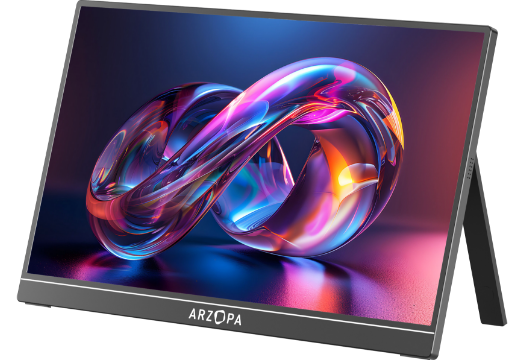Screen extenders are generally compatible with multiple operating systems, including Windows, macOS, Chrome OS, and Linux. However, compatibility can vary based on the specific model and manufacturer of the extender.
Overview of Compatibility
Operating Systems Supported
-
Windows: Most screen extenders are designed to work seamlessly with Windows operating systems, supporting various versions from Windows 7 to Windows 11. This is due to the widespread use of Windows in both personal and professional settings.
-
macOS: Many extenders are also compatible with macOS, allowing users of MacBooks and iMacs to enhance their display capabilities easily. This compatibility is often highlighted by manufacturers, ensuring that Mac users can benefit from additional screens.
-
Chrome OS: Some extenders support Chrome OS, which is particularly useful for users of Chromebooks. This is becoming increasingly important as Chromebooks gain popularity in educational and business environments.
-
Linux: While not as commonly mentioned, certain screen extenders do support Linux operating systems. Users should verify compatibility with their specific Linux distribution.
Connection Types
Screen extenders typically connect via:
- USB-C: Many modern laptops feature USB-C ports that can transmit both power and video signals.
- HDMI: A common standard that allows for high-definition video output.
-
DisplayPort: Less common but still used in some devices, especially in professional settings.

Image Credit: Sabrent website
Factors Influencing Compatibility
Device Specifications
-
Hardware Requirements: The laptop or desktop must support external displays through its ports. For instance, a laptop without a USB-C port may not work with a USB-C extender.
-
Driver Support: Some extenders may require specific drivers to function correctly, particularly on macOS or Linux systems.
Performance Considerations
-
Resolution and Refresh Rate: Extenders can support different resolutions (e.g. 1080p, 4K), which may affect performance depending on the device's graphics capabilities.
-
Multi-Monitor Setup: Users should consider how many additional screens they wish to connect, as some extenders are designed for dual or triple setups.

Popular Screen Extender Models
Fagomfer S6 Laptop Monitor Extender
- Supports Windows, macOS, Chrome OS, and Linux.
- Features a 15.6' FHD display with multiple connection options.
- Known for its portability and user-friendly setup.

Image Credit: Amazon official website
Kefeya Portable Laptop Monitor Extender
- Compatible with multiple devices and operating systems.
- Offers a plug-and-play experience for quick setup.
- Designed for business travelers and creatives needing mobility.

Image Credit: Amazon official website
Xebec Tri-Screen 2
- Specifically designed for laptops with Windows and macOS compatibility.
- Allows for an extended workspace through three additional screens.

Image Credit: Amazon official website
You can also select a portable monitor as screen extenders, it's recommended ARZOPA Z1FC Portable Gaming Monitor, which compatible with mltiple devices, including phones, tablet, game consoles like Nintendo Switch and PS5, and more. Professional-grade image quality, with a 144Hz refresh rate, delivers unparalleled clarity and response speed for design, video editing, and everyday use!

ARZOPA Z1FC Portable Gaming Monitor
- 16.1" FHD Display (1920 x 1080) with 144Hz refresh rate
- 106% sRGB color gamut for vibrant visuals
- USB-C and HDMI connectivity
- Lightweight (1.7 lbs) and slim (0.5" thick)
Conclusion
In summary, screen extenders are versatile tools that enhance productivity by allowing users to connect additional monitors across various operating systems. While most extenders support major platforms like Windows and macOS, users should always check specific compatibility details related to their devices and intended use cases. It's advisable to consult product specifications or manufacturer guidelines to ensure optimal performance and connectivity based on individual needs. We hope this comprehensive guide has given you some insights into screen extenders compatible with specific operating systems like Windows, macOS, Chrome OS and Linux. If you have any further questions or would like to share your experiences with these innovative devices, please leave a comment below. Don't forget to share this article with your friends and colleagues who may benefit from the information. Happy browsing!












